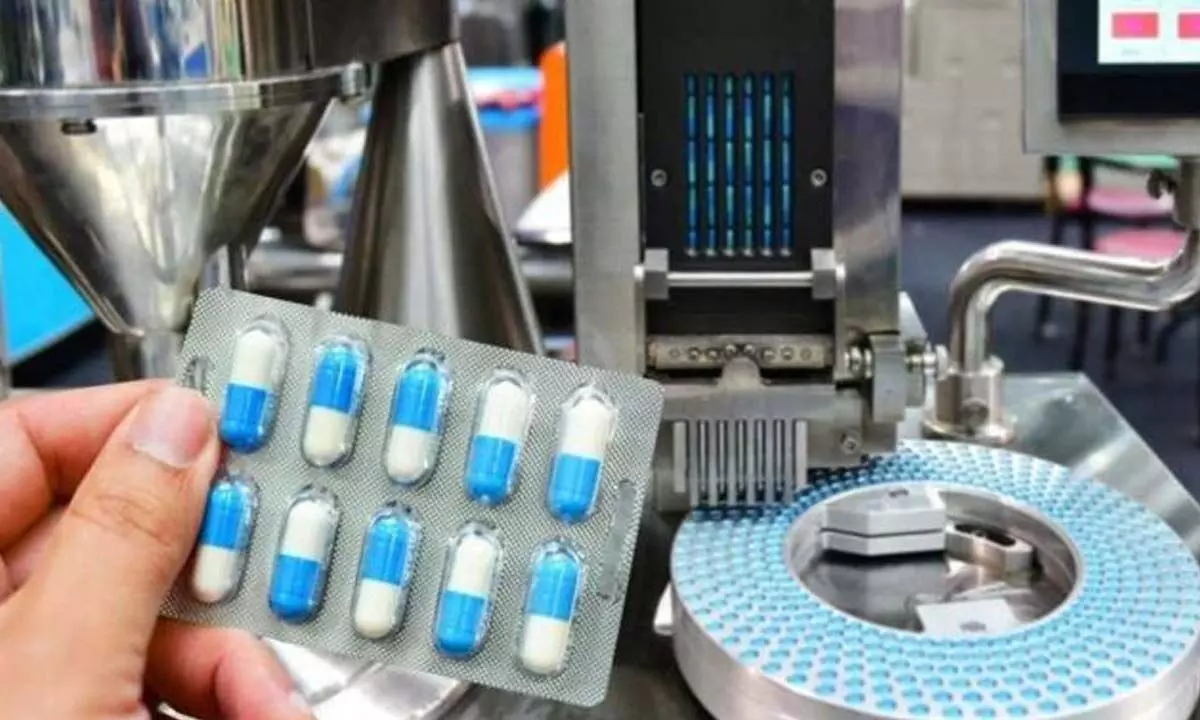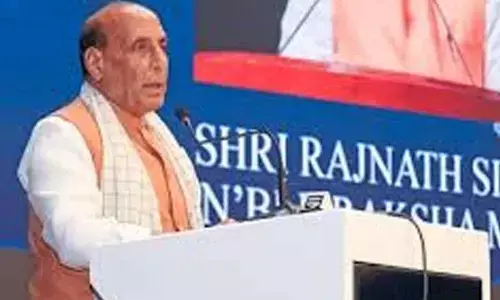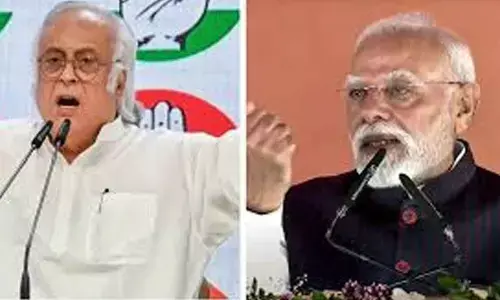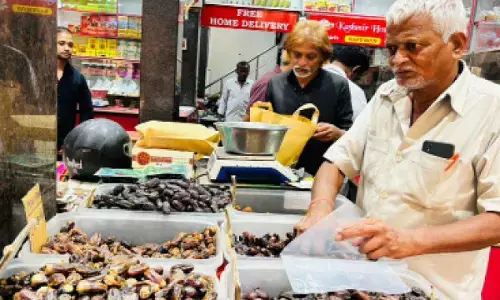PLI proves a key production impetus

The Production Linked Incentive (PLI) Scheme for Pharmaceuticals was announced with a financial outlay of Rs 15,000 crore over a period of six years. It has attracted an overall investment of Rs 18,618.09 crore till March 2023, while the scheme for bulk drugs has seen investments of Rs 2405.09 crore and while medical devices sector has an investment of Rs 837.23 crore
In what can be a sign of growing confidence of the investors in the pharmaceutical and related sectors in the country, the three Production Linked Incentive (PLI) Schemes in pharmaceuticals and medical devices sectors, announced by the central government a couple of years back, have attracted impressive investments of Rs 21,861 crore till March, 2023, with a majority of the investments going into the PLI Scheme for Pharmaceuticals.
In what can be a sign of growing confidence of the investors in the pharmaceutical and related sectors in the country, the three Production Linked Incentive (PLI) Schemes in pharmaceuticals and medical devices sectors, announced by the central government a couple of years back, have attracted impressive investments of Rs 21,861 crore till March, 2023, with a majority of the investments going into the PLI Scheme for Pharmaceuticals.
The scheme has attracted an overall investment of Rs 18,618.09 crore till March 2023, while the scheme for bulk drugs has seen investments of Rs 2405.09 crore and while medical devices sector has an investment of Rs 837.23 crore.
The PLI Scheme for Pharmaceuticals was announced with a financial outlay of Rs 15,000 crore over a period of six years. In the financial year 2022-23, the Department of Pharmaceuticals (DoP) earmarked Rs 690 crore as the budget outlay. Under the PLI scheme for bulk drugs, with a financial outlay of Rs 6,940 crore, the objective is to boost domestic production of 41 select critical bulk drugs. So far, 51 projects have been selected for the 34 notified bulk drugs. Out of this, 22 projects have been commissioned till date (for the projects of fermentation based APIs, the production year as per the scheme guidelines is coming FY 2023-24 only). Incentive rates for fermentation-based products are 20% and chemical-based products 10% for the first four years and it will taper for the next two years.
Approximately, 21 applicants have been selected under the scheme for medical devices, which has an outlay of Rs 3,420 crore.
The objective of this scheme is to boost domestic manufacturing capability of high-end medical devices under four target segments of cancer care/radiotherapy medical devices; radiology and imaging medical devices (both ionizing and non-ionizing radiation products) and nuclear imaging devices; anaesthetics and cardio-respiratory medical devices including catheters of cardio respiratory category and renal care medical devices; and all implants, including implantable electronic devices. The medical devices being manufactured under the PLI scheme include high-end medical devices such as CT scan, MRI Coil, Linear Accelerator (LINAC), C-Arm, ultrasonography, dialysis machine, intensive care ventilators, knee and hip implants, heart valves and stents. Some of these are for the first time being domestically manufactured. Thus, the PLI scheme has paved the way for an ecosystem for domestic manufacturing of these high-end medical devices. The central government came out with the PLI schemes to encourage manufacture of bulk drugs and medical devices and their exports after Covid-19 disrupted the supply chain of active pharmaceutical
ingredients (APIs) and medical devices from China. In March 2020, the Union Cabinet had approved an expenditure of Rs. 9,940 crore and Rs. 3,820 crore for APIs and medical devices, respectively. It also approved a scheme on promotion of bulk drug parks for financing common infrastructure facilities in three bulk drug parks with financial implication of Rs. 3,000 crore for next five years.
The government will give grants-in-aid to states with a maximum limit of Rs 1,000 crore for each bulk drug park. These parks will have common facilities such as solvent recovery plant, distillation plant, power and steam units, common effluent treatment plant, etc.
The Centre also approved PLI scheme for promotion of domestic manufacturing of critical KSMs/drug intermediates and APIs in the country with financial implications of Rs. 6,940 crore for the next eight years. Financial incentive will be given to eligible manufacturers of identified 53 critical bulk drugs on their incremental sales over the base year (2019-20) for a period of 6 years. Out of 53 identified bulk drugs, 26 are fermentation based bulk drugs and 27 are chemical synthesis based bulk drugs. The
PLI scheme is expected to have an incremental sale of Rs. 46,400 crore and significant additional employment generation over the coming years.
Obviously, the government’s efforts for the creation of a self-sufficient healthcare ecosystem in the country is proving to be right as the three PLI Schemes in pharmaceuticals and medical devices sectors have attracted impressive investments so far.








